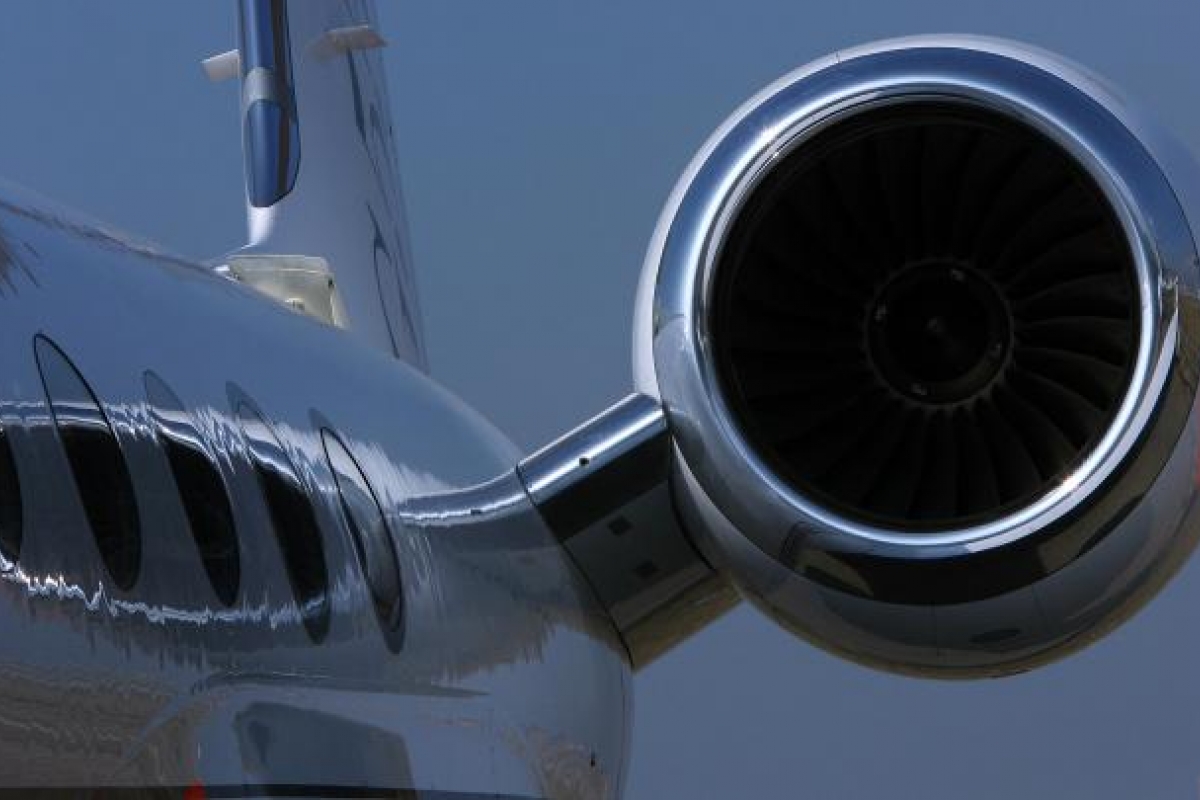Iran: Aviation Agencies Invest $46m in Technology Companies, Startups

EghtesadOnline: Iran's private and public aviation firms and agencies signed 163 agreements worth 6 trillion rials ($46.15 million) with local knowledge-based companies and startups during a two-day technology event.
The move was aimed at employing smart solutions in strengthening the domestic aviation sector.
Organized by two state-backed organizations, Iran National Innovation Fund and the Center for Progress and Development of Iran, the tech gathering was held in Tehran on Dec. 3-4, INIF's website reported.
Siavash Malekifar, INIF's deputy for development, said the event hosted over 280 knowledge-based companies and startups, and concluded with constructive agreements with aviation industry players during 185 business-to-business meetings, according to Financial Tribune.
“Representatives from airport companies and related organizations, including Payam International Airport, Islamic Republic of Iran Customs Administration, Iran Meteorological Organization, Imam Khomeini Airport City Company and Iran Airports Company, outlined 65 technological demands in the sector,” he said.
"Knowledge-based firms, which attended the event, had an opportunity to present a short intro of their field of activity, potentials and attainments, for attracting the local aviation giants."
Malekifar appreciated the unprecedented reception extended by the general public and said the participation of over 500 enthusiasts in the tech event was surprising.
He expects the gathering to have helped establish stronger ties between the fledgling innovative companies and industry insiders.
Meteorological Application
Speaking at the event's second day, Sahar Tajbakhsh, the chief of IMO who is also a deputy roads minister, emphasized the necessity of employing innovative and technological solutions in optimizing the domestic aviation sector and weather forecasts.
Underlining the key role of IMO activities in the efficiency of flights and airport companies, Tajbakhsh said the growing air traffic and extreme weather conditions make it extremely vital to employ new technologies in facing today's challenges.
She pointed to the fact that over three-fourths of delayed air travels are caused by air traffic congestions or special weather conditions such as typhoon, frost, haze, strong winds, lighting flashes and tropical cyclones.
In addition, Tajbakhsh said the environmental effects of volcanic eruptions, geomagnetic storms and dust storms, along with air and noise pollution, can also exert destructive effects on operating a safe flight.
"Therefore, establishing close connections with research centers and tech units will help IMO upgrade its prevailing technologies and increase the accuracy of weather forecast," she said.
“X-band weather radar systems, radiosonde, ceilometers, vision-based landing sensors, wave buoy and air quality monitoring stations are among IMO's devices in dire need of upgrade.”
Tajbakhsh noted that the optimization of the above-mentioned devices will increase flight safety, quality on-board services and navigation accuracy.
She expressed willingness to utilize the capabilities of tech units in IMO's operations and said the organization has set the goal of maximizing tech-based upgrades in a 10-year framework.
Earlier Investments
The two-day gathering was not the first of its kind targeting the domestic aviation industry.
Earlier in September, a local tech firm titled Servo Hydraulic Pooya Company (aka ServoHyd), affiliated to Iranian Research Organization for Science and Technology, signed cooperation deals worth 600 billion rials ($4.6 million) with several Iranian companies active in the field of aviation industry.
According to ServoHyd Managing Director Mohammad Mehdi Izadpanah, the deals were over the sale, repair, design and production of parts and equipment related to aircraft, including fuel nozzles, pneumatic and hydraulic systems, as well as piston engines.
"As per the deals, we are set to offer training to employees of Iranian companies in the fields of standardization and reverse engineering techniques," he said.
Acknowledging INIF’s role in identifying technological gaps in various spheres during such events, Izadpanah said, "Such gatherings help connect producers and customers, and strengthen their commercial and technical ties."
Stronger Support
INIF's efforts in backing knowledge-based companies are in line with the government's policy to implement tech-based solutions in various fields, from commercial spheres to urban management, to curb the country's dependence on oil revenues and make life more convenient for people.
The move started in 2013 when President Hassan Rouhani took office for the first term. Since then, tech units in different fields have experienced significant growth nationwide.
This is while some administrative officials believe the financial aspects of help should be strengthened.
Fatemeh Hosseini, a member of Majlis Economic Commission, called on the government to fulfill its pledge of providing tech firms with more generous financial support.
As per related regulations, a part of INIF resources is provided by the National Development Fund of Iran.
"In addition to its proactive efforts to push the tech firms toward growth, the government was supposed to allocate 0.5% of its general budget to INIF resources," the lawmaker said, adding that unfortunately, this has not yet materialized.
Hosseini urged the government to prioritize the issue and allocate its share as soon as possible.
"Fledgling startups and tech firms should receive comprehensive and continuous help of different kinds to survive in the post-sanctions era," she said.


